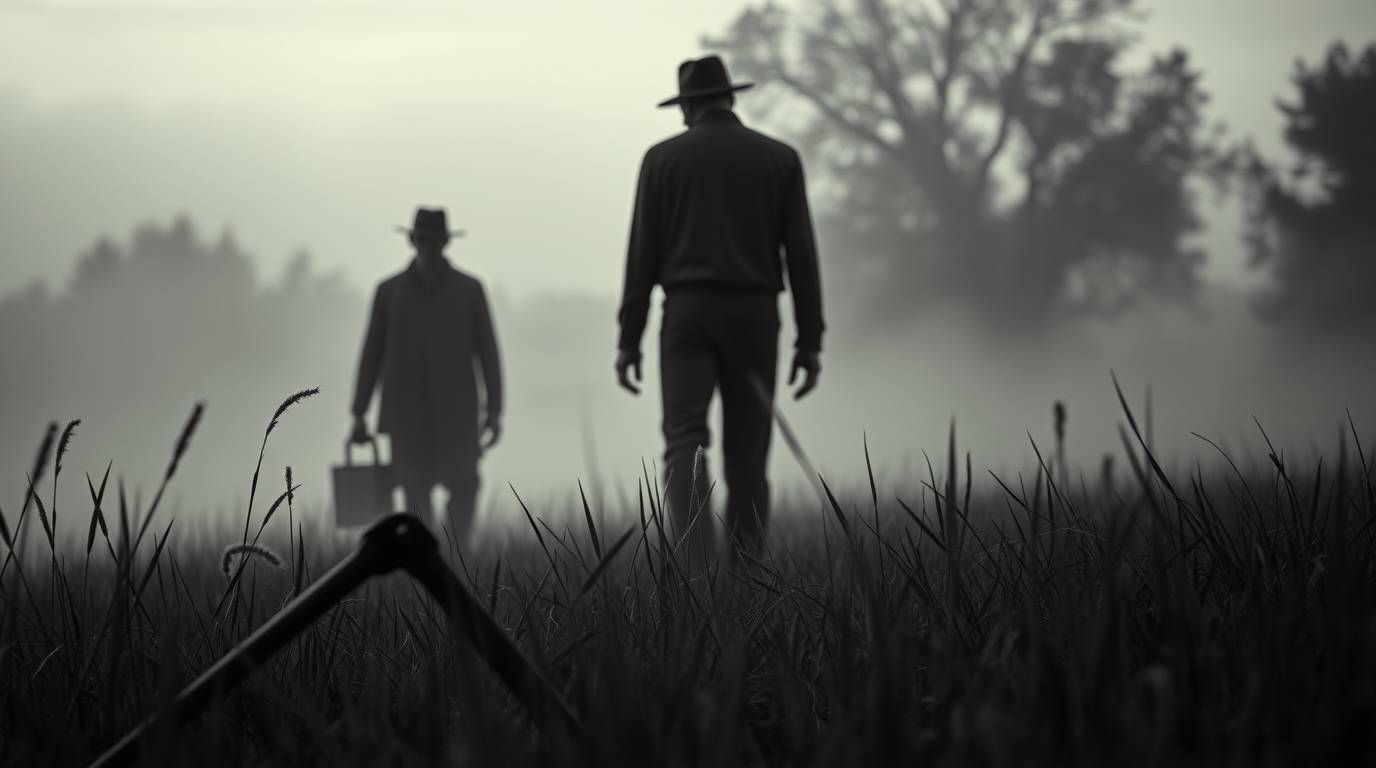Frankenstein 2025 Review: Jacob Elordi Stuns as The Creature
Imagine the crackle of electricity, not from a clunky lab apparatus, but from the very air in a sold-out theater. The hushed anticipation as the lights dim on a stage stripped bare, ready to be filled with a tale as old as modern science itself. This is the energy surrounding the latest theatrical event: the breathtaking new adaptation of Frankenstein, directed by the visionary Sam Mendes.
The first reviews are finally here, and the consensus is deafening: Frankenstein 2025 isn’t just a play; it’s a visceral, emotional earthquake that reaffirms the raw power of live performance. And at the center of this storm is a performance for the ages from Jacob Elordi.
A Legacy Reanimated: Why This Frankenstein Matters
Mary Shelley’s 1818 novel is more than a Gothic horror story; it’s a foundational text exploring the perils of unchecked ambition, the agony of abandonment, and the very question of what makes us human. It has been adapted countless times, from James Whale’s iconic 1931 film to Danny Boyle’s celebrated 2011 National Theatre production starring Benedict Cumberbatch and Jonny Lee Miller.This new iteration enters a crowded field, but as noted by The Guardian’s theatre critic, it does so with a confident sense of purpose. Mendes and screenwriter Nick Dear haven’t simply re-staged the story; they’ve re-contextualized it for a contemporary audience, stripping away the melodrama to expose the story’s bleeding, passionate heart.
The Mendes Vision: Spectacle in Service of Story
The unanimous praise in the Frankenstein 2025 reviews begins with the production’s stunning visual language. Mendes, alongside set designer Es Devlin and lighting maestro Jon Clark, has crafted a world that is both minimalist and overwhelmingly grand.
Forget cobweb-strewn castles. The set is a marvel of modern stagecraft, using a cavernous, rotating stage and projections that feel less like a backdrop and more like a living, breathing character. One particularly haunting sequence, as reported by The Stage, involves the Creature’s birth—a terrifying, beautiful ballet of light, sound, and physicality that left audiences gasping. The spectacle never feels gratuitous; instead, it viscerally pulls you into the emotional states of Victor and his creation.
| Aspect | Mendes’ 2025 Vision | Traditional Adaptations |
| Setting | Abstract, industrial, using vast rotating stages and projection | Literal, Gothic (castles, laboratories) |
| Tone | Psychological, emotional, raw | Horror, melodramatic |
| The Creature | Empathetic, articulate, physically imposing | Monstrous, often inarticulate |
| Focus | The tragedy of abandonment and identity | The horror of the creation itself |
The Heart of the Monster: Jacob Elordi’s Triumph
If the production is the body, then Jacob Elordi is its soaring, tragic soul. Long known for his heartthrob status in Euphoria and The Kissing Booth, Elordi delivers a career-redefining performance that has critics scrambling for superlatives.
His Creature is not a mindless monster. Reviews highlight his journey from a twitching, newborn form learning to control his limbs to a sophisticated, deeply wounded being articulate in his despair. The Independent’s review specifically praises the “devastating vulnerability” he brings to the role, particularly in the famed blind man scene where the Creature glimpses the possibility of kindness.
Elordi uses his formidable physicality—all 6’5″ of it—not just for imposing threat, but for profound pathos. He moves with a painful, uncoordinated grace that evolves into a more controlled, but never less broken, posture. He doesn’t play the monster; he embodies the humanity within it, making his eventual rage and violence feel inevitable and heartbreaking. It’s a star-making performance in the truest sense.
A Worthy Victor: The Other Half of the Tragedy
While Elordi is deservedly grabbing headlines, the success of Frankenstein hinges on the dynamic between the Creature and his creator. As Victor Frankenstein, The Crown’s breakout star Jonathan Bailey offers a formidable counterpoint.
Bailey’s Victor is not a mad scientist cackling in a lab. He is portrayed as a brilliant but arrogant man, intoxicated by the god-like power of creation but utterly unprepared for the moral responsibility that follows. His unraveling—from triumphant hubris to paralyzing guilt and terror—is a masterclass in gradual decay. The chemistry between the two actors is electric, their final arctic confrontation being hailed as one of the most powerfully staged scenes in modern theatre.
Is Frankenstein 2025 a Must-See?
The resounding answer from the first wave of criticism is a thunderous yes.
This production succeeds because it understands that Shelley’s novel isn’t about the horror of building a monster, but the horror of failing to love it. It’s a story about bad parenting, societal rejection, and the loneliness that comes from being different.
Frankenstein 2025 is a rare theatrical event: a visual spectacle that serves a deep emotional core, a classic story made feeling urgently modern, and a platform for two of this generation’s finest actors to operate at the peak of their powers. It confirms that some stories are truly immortal, and when treated with this much passion and intelligence, they can shock and move us all over again.
What do you think? Does this modern take on a classic story intrigue you? Are you planning to see Frankenstein 2025? Share your thoughts and excitement in the comments below, and for more deep dives into the latest in film and theatre, be sure to subscribe to our newsletter.
👉For more Entertainment news-> Click Here!













